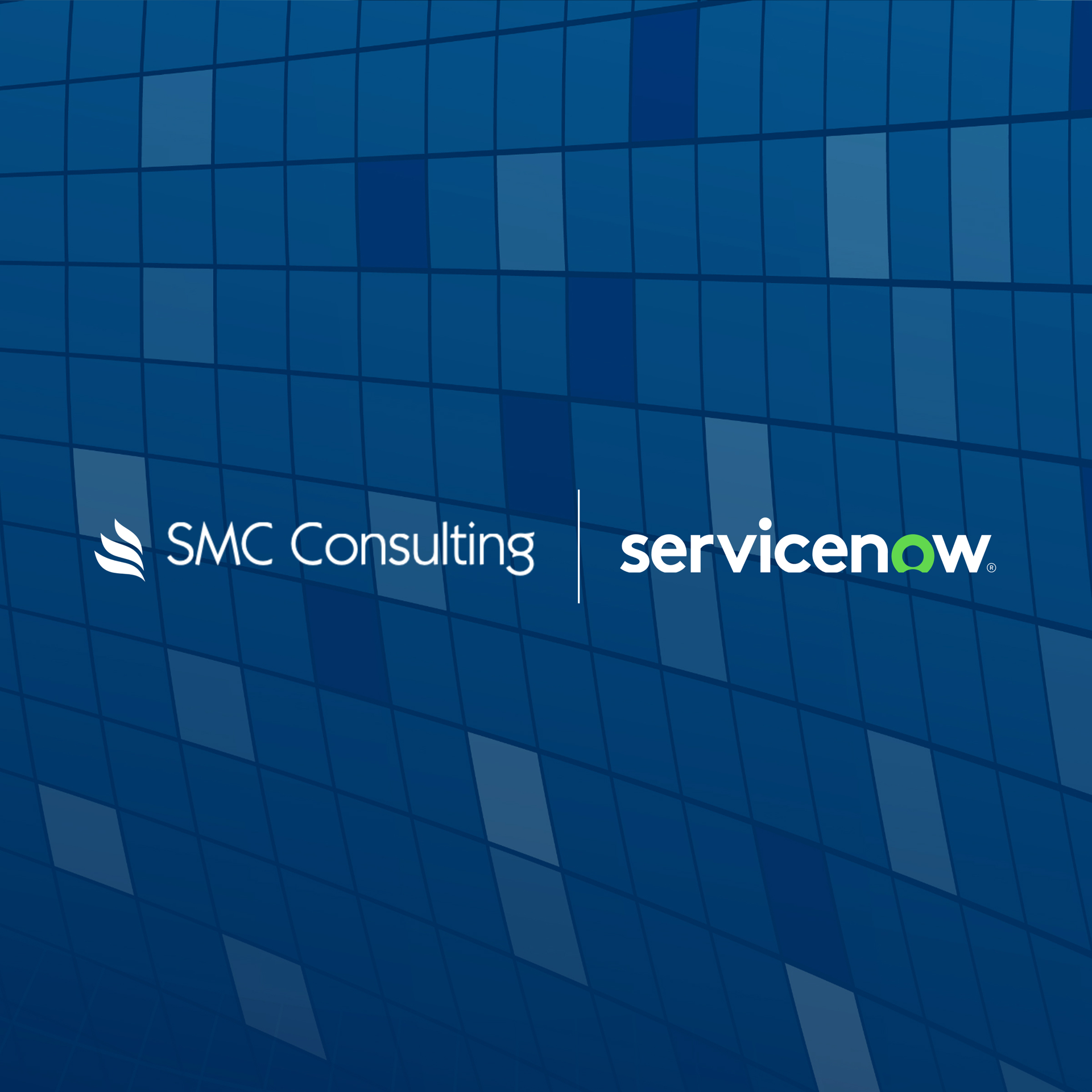Temps de lecture estimé : 8 minutes
Table of Contents
In today’s work environment, effective project management is essential for any business’s success. However, the terms “PMO” (Project Management Office) and “project management” are often confused. SMC Consulting helps you clarify these two concepts to optimize their use within your organization.
What is project management?
Project management is a crucial discipline in conducting and delivering strategic initiatives within organizations. It involves the structured use of proven methods and practices to guide projects from start to finish, aiming to achieve clearly defined objectives while optimizing the use of resources (human, financial, material, etc.).
Project management definition
Project management encompasses the application of specific knowledge, skills, tools, and techniques to project activities to meet projected requirements. This practice focuses on the principles of initiation, planning, execution, control, and closure to achieve expected results, thus respecting predefined time, cost, and quality constraints. It requires a deep understanding of project management processes, such as scope definition, risk management, quality management, and communications management, all essential for navigating the complexity of modern projects.
Project manager role
At the center of project management is the project manager, a professional who orchestrates and coordinates all aspects of the project. This role includes several key responsibilities:
- Planning: The project manager develops a detailed project plan that defines the scope, resources, schedule, and budgets. This plan serves as a roadmap for all parties involved and is essential for tracking progress.
- Execution: They implement the project plan, managing resources, directing activities, and ensuring tasks proceed as planned. This phase may also involve coordination with other departments or external vendors.
- Monitoring and control: The project manager must regularly monitor project progress against the initial plan. This includes managing changes, adjusting plans based on changing conditions, and resolving issues to keep the project on track.
- Closure: Once the project is completed, the project manager conducts a post-project review to evaluate successes and lessons learned. This phase is crucial for documenting results and contributing to continuous improvement of project management processes.
The project manager acts as a central point of communication, facilitating exchanges between stakeholders, including sponsors, the project team, clients, and other interested parties. They also manage expectations by communicating progress and necessary adjustments in a timely manner, ensuring that project objectives are met while maximizing added value for the organization.
These skills and tasks make the project manager essential to the success of any project, ensuring that set objectives are achieved efficiently and in accordance with stakeholder expectations.
What is a PMO?
The Project Management Office (PMO) is an essential structure within organizations focused on improving project management efficiency through practice standardization and better resource allocation.
PMO definition
The PMO, or Project Management Office, is a unit or department within an organization responsible for defining, maintaining, and ensuring compliance with the company’s project management standards. This entity plays a crucial role in ensuring that project management methods and practices are uniformly applied across all organization projects. As a center for competencies, documentation, and monitoring, the PMO aligns projects with the company’s strategic objectives, ensuring that each project contributes to the organization’s overall mission and long-term goals.
PMO roles and responsibilities
Process standardization: The PMO establishes standardized processes that must be followed for all projects in the organization, reducing complexity, costs, and risks associated with managing multiple projects.
Project monitoring and control: The PMO monitors project progress against established plans and ensures that deadlines, budgets, and quality objectives are met. This monitoring is crucial for early problem identification and implementation of necessary corrections.
Training and support: By providing regular training and up-to-date resources, the PMO ensures that project managers and their teams have the necessary skills to effectively manage their projects. This often includes organizing training sessions, providing procedure manuals, and access to specialized software.
Governance: The PMO plays a governance role by ensuring that decisions made at the project level align with company strategy and industry best practices. This includes evaluating project alignment with strategic objectives and expected return on investment.
Consultation and audit: The PMO provides consultative support to project managers, helping resolve complex problems and providing expert advice on management issues. Additionally, it conducts project audits to verify compliance with internal and external standards, ensuring quality project management that meets stakeholder expectations.
In summary, the PMO doesn’t directly manage individual projects but provides the framework, tools, and support necessary for project managers to do so more effectively and in alignment with broader organizational objectives. This distinction clarifies the added value of a PMO as a facilitating and regulating entity in enterprise-wide project management.
Interactions and complementarities
While PMO and project management roles are distinct, their interaction is fundamental to the overall success of project initiatives within an organization. Their complementarity allows for making the best use of available resources and improving project management efficiency at all levels.
Synergy between PMO and project management
The PMO and project management don’t operate in silos, but rather in tandem to achieve business objectives. The PMO establishes frameworks and standards that the project manager applies at the operational level. This synergy ensures that each project is not only carried out according to best management practices but is also aligned with the company’s overall strategy.
Maximizing efficiency
Collaboration between the PMO and project managers leads to optimized resource utilization. The PMO, by providing guidelines and resources, helps project managers navigate their specific project challenges with increased efficiency. In return, project managers provide field information that can help the PMO adjust policies and procedures to better meet the real needs of projects and teams.
Strategic alignment
The PMO plays a crucial role in aligning projects with the company’s strategic objectives, ensuring that each project positively contributes to the overall mission. Project managers, by focusing on specific project objectives and deliverables, ensure these alignments are effectively achieved. This interaction ensures projects don’t drift from their intended strategic path.
Continuous improvement
Effective collaboration between the PMO and project management also facilitates a continuous feedback cycle, where lessons learned and best practices are regularly integrated into the organization’s project management standards. The PMO uses this information to update training, tools, and procedures, while project managers apply these updates to improve future project management.
Strengthening organizational capacity
Ultimately, the interaction between PMO and project management not only strengthens individual project success but also contributes to increased organizational capacity. Companies that understand and leverage the strengths of each role can better organize their efforts and resources, thus maximizing the efficiency and overall success of their project initiatives.
By strategically distinguishing and integrating these two functions, companies can not only improve individual project success but also ensure consistent and effective project management across the organization, thus contributing to achieving their long-term strategic objectives.
Optimize your project management with SMC Consulting
Understanding the difference between a PMO and project management is crucial for effectively structuring project management efforts in a company. By leveraging their respective strengths, organizations can ensure better coordination and more efficient execution of their strategic initiatives. At SMC Consulting, we specialize in optimizing project management through customized solutions and tools like monday.com, certified for their efficiency and adaptability. If you wish to improve your project management processes, we invite you to request a free consultation. Together, we can develop a strategy that not only meets your immediate needs but also supports your long-term ambitions. Let us help you maximize your project management potential and achieve sustainable operational excellence.




